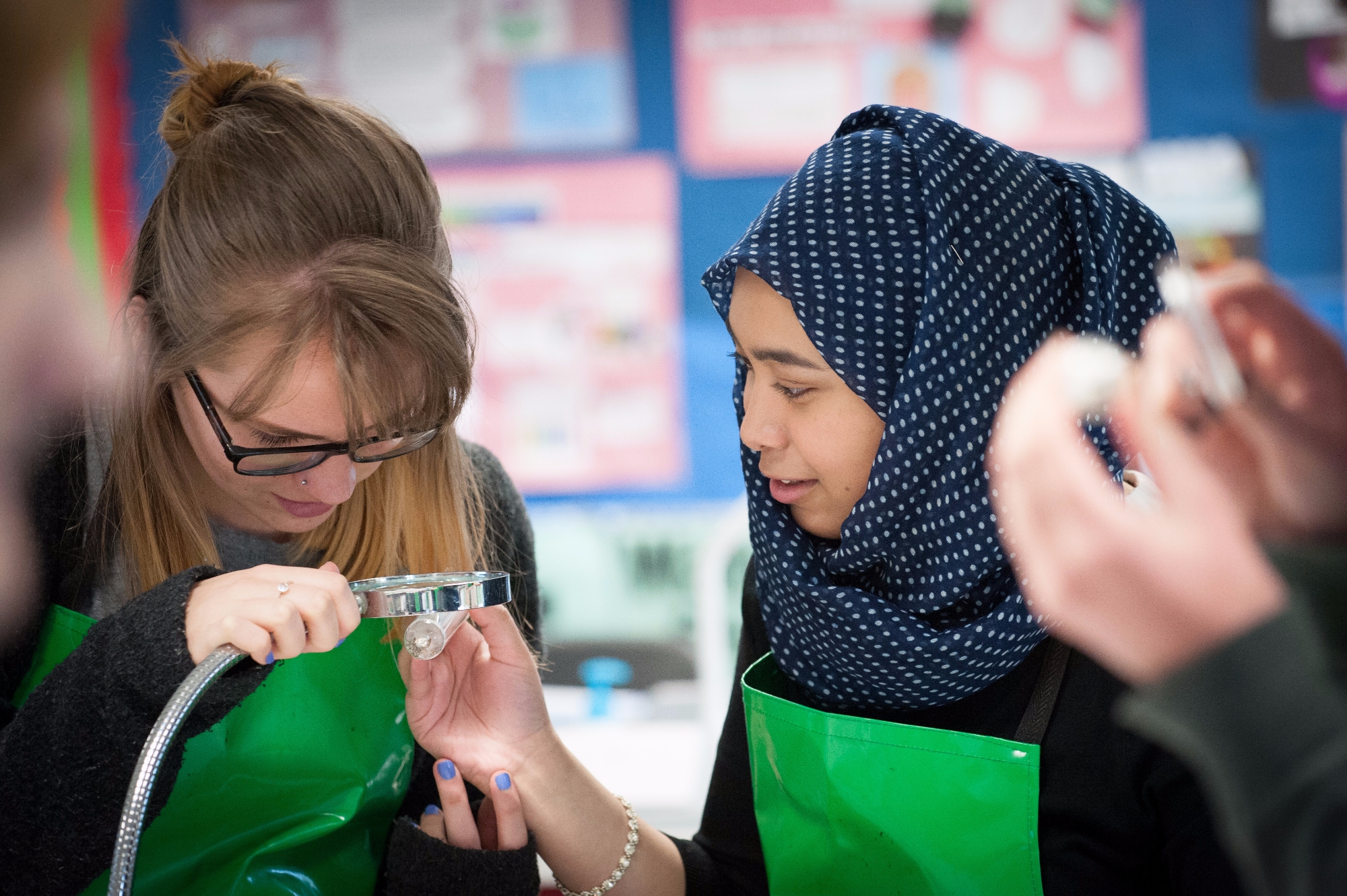Psychology
Psychology encourages students to explore why people think, feel and behave the way they do. We study the different approaches in Psychology, enabling students to explore different theories that attempt to explain why we do what we do. We critically examine all explanations, assessing the strengths and weaknesses, considering how the explanations could be usefully applied to the real world. Students also have the opportunity to conduct their own research – learning through hands-on experience the challenges and opportunities of collecting and analysing their own data from experiments, questionnaires and observations. Throughout the course we facilitate discussions, encouraging students to have an open mind and maintaining a respectful attitude when learning about potentially sensitive subjects, thus developing students who are able to think as psychologists and take their learning out into the world.
Overview of the course
The course covers a wide range of topics, starting with obedience and prejudice, memory, aggression and conditioning in Year 12 and moving on to mental illness and explanations of criminal behaviour in Year 13. Each topic has a key issue which is relevant to society today and also a short practical investigation. These research projects are not assessed as coursework: instead, exam questions will assess students’ understanding of the research they have carried out.
Course Outline
The A Level course covers an introduction to the main approaches in Psychology by concentrating on one topic area in each:
- Social Psychology looks at the origins of obedience and prejudice
- Cognitive Psychology includes memory and problems such as dementia
- Biological Psychology involves learning about the brain and competing explanations for behaviours like aggression
- Learning Theory looks at how certain behaviours are learned, such as phobias.
The second year of the course covers two larger topics:
- Clinical Psychology focuses on mental illness, considering explanations and treatments for schizophrenia and depression
- Criminological Psychology involves explanations of crime, understanding and treating offenders and factors affecting eye-witness testimony and jury decisions.
Throughout all the topics, we learn about research methods and discuss key issues and debates.
Psychology is taught and assessed as a science, therefore has a significant statistics component. By covering research methodology, students will be able to collect and analyse data, drawing conclusions from their findings. Maths skills will be part of this part of the course.
Who should consider Psychology?
Psychology is a worthwhile course for those interested in a career which involves working with people. Careers where Psychology would be useful include medicine, law, social work, occupational therapy, speech therapy, teaching, business management, advertising, media and personnel management… among many others!
Psychology is seen as an excellent preparation for higher education courses such as, Psychology, Social Sciences, Sociology, Politics, Economics, Medicine, Philosophy, Business, Law and Media, to name just a few.
Entry Requirements
To gain a place on this course you will need to get at least a grade 6 in GCSE English (because there are exam questions which require extended writing skills), and a minimum grade 6 in GCSE Mathematics, (because there is a significant maths content in the A Level course). It is not necessary to have studied Psychology before.




